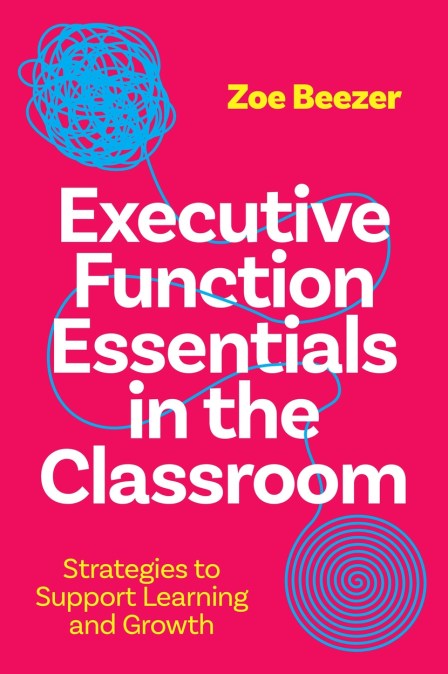What is executive functioning? How does it affect learning?
Executive functions (EFs) are a group of complex mental processes and cognitive abilities required to organize thoughts and activities, prioritize tasks, manage time efficiently, make decisions and regulate our behaviour and emotions. They do not reach maturity until an individual is well into their 20s, and so teachers and educators have enormous potential to help pupils hone those skills so that they are better equipped for the process of learning.
But what do you do if it’s impaired?
This guide includes a step-by-step approach to improving executive functioning within the classroom and beyond. It will provide effective strategies to use in daily life, and show teachers how to enhance awareness in the classroom, as well as giving students activities to do, to develop their own skills.
Executive functions (EFs) are a group of complex mental processes and cognitive abilities required to organize thoughts and activities, prioritize tasks, manage time efficiently, make decisions and regulate our behaviour and emotions. They do not reach maturity until an individual is well into their 20s, and so teachers and educators have enormous potential to help pupils hone those skills so that they are better equipped for the process of learning.
But what do you do if it’s impaired?
This guide includes a step-by-step approach to improving executive functioning within the classroom and beyond. It will provide effective strategies to use in daily life, and show teachers how to enhance awareness in the classroom, as well as giving students activities to do, to develop their own skills.
Newsletter Signup
By clicking ‘Sign Up,’ I acknowledge that I have read and agree to Hachette Book Group’s Privacy Policy and Terms of Use
Reviews
A wonderful guide to executive functioning skills! Clearly organised and full of practical resources for both teachers and students, this book is a must-have for every classroom and will have a huge impact in developing students who are able to learn more effectively and independently.
